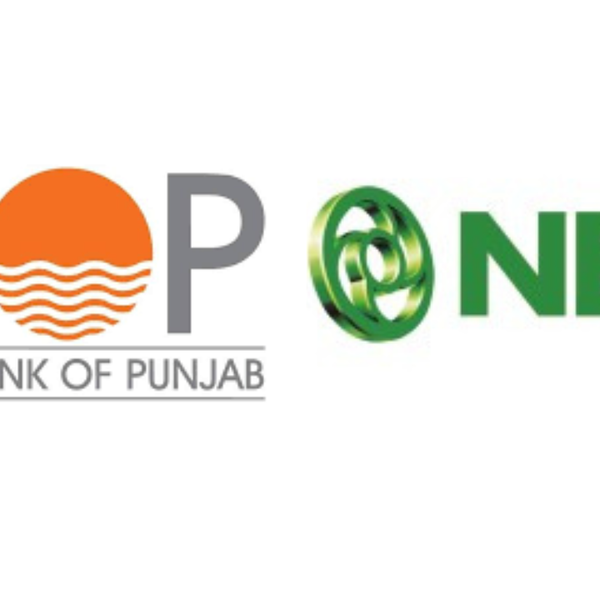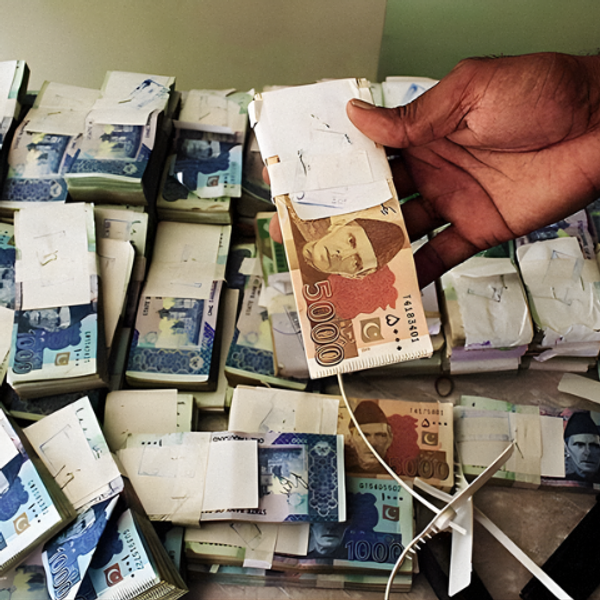67% of countries fall below mid-point on Transparency International’s corruption index
Pakistan falls to 135th in global corruption rankings; score drops to 27 in 2024
Business Desk
The Business Desk tracks economic trends, market movements, and business developments, offering analysis of both local and global financial news.

Transparency International's Corruption Perceptions Index (CPI)
Shutterstock
Transparency International's Corruption Perceptions Index (CPI) for 2024 reveals that two-thirds of countries scored below 50 out of 100, indicating a high level of perceived corruption.
Advanced economies dominate the top rankings, benefiting from strong rule of law, effective government institutions, and political stability, which contribute to lower perceived corruption levels.
According to the latest report, Pakistan scored 27 points, India scored 38, Saudi Arabia 59, and the UAE 68 points out of 100, reflecting the perceived corruption levels in these territories.
Justice (R) Zia Perwez, Chair of Transparency International Pakistan, said: In CPI 2024, the score of all countries in the region except Oman, China, Turkey and Mongolia has reduced.
Whereas Pakistan’s score and rank on CPI 2024 has reduced by 2 points from 29 in CPI 2023 to 27 in CPI 2024. Pakistan’s rank has reduced by 2 points from 133 in CPI 2023 to 135 in CPI 2024, out of 180 countries.
The downslide for the region shows that Pakistan is one of the countries that is holding up against the overall trend in the region.
The report highlights that as corruption grows in scale and complexity, over two-thirds of countries now fall below the mid-point on the CPI.
This has significant implications, as corruption weakens governance structures, undermines law enforcement, and diverts critical finance to build resilience.
In nations with pervasive corruption, transparency in environmental decision-making is compromised, leading to unfair outcomes and the destruction of natural resources.
Even in countries with relatively low perceived corruption, the influence of lobbying presents additional challenges. Powerful corporate interests often shape or block climate policies to favor short-term profits over long-term environmental sustainability.
This results in watered-down regulations, delays in the transition to renewable energy, and insufficient action to meet international climate commitments.
Large-scale corruption, backed by sophisticated international money laundering networks, empowers autocrats, enriches private actors illicitly, and weakens democracy worldwide.
Transparency International emphasizes that no nation is immune to corruption, and ignoring it comes at a cost the world can no longer afford. Every country has a role to play in combating corruption.
The CPI ranks 180 countries and territories based on perceived public-sector corruption by experts and businesspeople, relying on 13 independent data sources. The CPI uses a scale from zero to 100, where zero signifies highly corrupt and 100 signifies very clean.
The CPI underscores the stark contrast between nations with strong, independent institutions and free, fair elections, and those with repressive authoritarian regimes.
Full democracies have an average CPI score of 73, while flawed democracies average 47, and non-democratic regimes just 33. This highlights the importance of democracy and strong institutions in effectively combating corruption.
Similarly, countries with guaranteed and protected civic space tend to control corruption better. Those where freedoms of expression, assembly, and association are safeguarded score relatively well on the CPI, while those lacking these freedoms generally have very low scores.







Comments
See what people are discussing